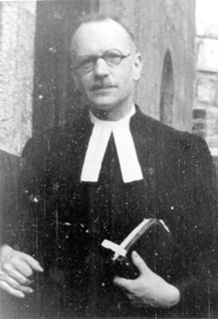A Quote by Ethan Hawke
If you study the history of mankind, it seems to be a history of violence. Certainly the history of art, whether you look at paintings or movies or plays or whatever, is just a litany of murder and death.
Related Quotes
Imagine it's 1981. You're an artist, in love with art, smitten with art history. You're also a woman, with almost no mentors to look to; art history just isn't that into you. Any woman approaching art history in the early eighties was attempting to enter an almost foreign country, a restricted and exclusionary domain that spoke a private language.
My feeling about young people who want to pursue a career is - the first thing is do your homework on where it all started. Go back and look at history. Look at why the shows you are loving today happened and the artists you are listening to happened. And do your homework on history. Whether it's musical movies, musical plays, Broadway musical recordings - do your homework! And then, that way you will have an understanding of why, now, certain movies, certain plays, certain musicals are making some sort of sense.
I have to throw in on a personal note that I didn't like history when I was in high school. I didn't study history when I was in college, none at all, and only started to do graduate study when my children were going to graduate school. What first intrigued me was this desire to understand my family and put it in the context of American history. That makes history so appealing and so central to what I am trying to do.




































